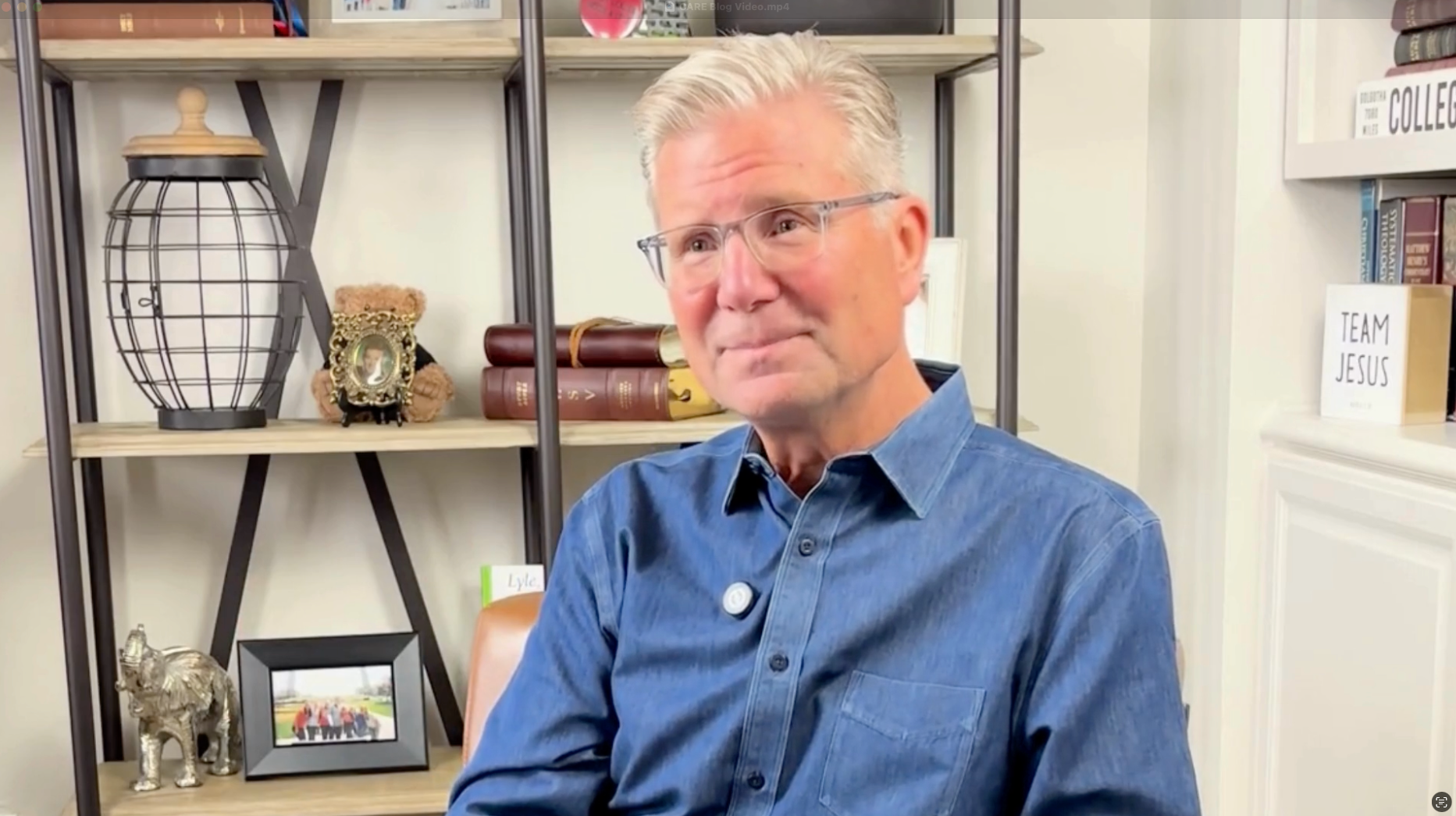Leadership, in all its forms, can sometimes feel like an island. That’s why what we need most as leaders is not management—it's mentorship. Management has its place in any healthy organization, but if we want to thrive as Christian leaders—and help others do the same—we must prioritize mentorship.
Why? Because management focuses on performance, while mentorship develops people. Managers shape tasks; mentors shape leaders. And the difference is transformational.
Every leader, including you, needs a mentor— someone to process new ideas with, to teach you the ropes, to cheer you on and challenge you. Managers improve what you do. Mentors shape who you become. I know, because I wouldn’t be the leader I am today without mentors.
An Empty Tool Belt
When I entered my first year of teaching in suburban Denver, the various districts gathered me and several hundred new teachers together for training. We were bright-eyed and full of youthful, unwavering enthusiasm, or so we thought. I don't think I made it out of the training before I started to feel my enthusiasm waiver.
The trainers were former teachers, most of whom had been out of the classroom for many years. Their focus was on managing expectations and managing a classroom— managing students. We took a test that gave us a multitude of data points, but no one explained they meant. Hours of being talked at left me exhausted, and all I wanted was someone to talk with.
Thankfully, a lot has changed in the school systems since I was an educator, but on my first day as a teacher, I walked in blind and ill-equipped. I didn’t have a single tool in my teaching tool belt to help me do my job well, and I concluded that management training was not enough. I needed a mentor. That’s when God sent me Rick.
I Adopted A Mentor
Rick’s classroom was right next to mine, and it was alive with energy. His students were engaged, and that's what I wanted. So, I studied Rick. I watched carefully as he’d set up his lessons, combining different activities to reach his students. I paid attention to his teaching style and how he kept the students' attention. But what made Rick a great teacher was the way he built rapport with his students. He mastered the art of connecting with them, figuring out what motivated them, taking a vested interest in their lives outside of school, and showing them that he cared about them.
Rick taught me more than any training could have. He was my real-world, real- time example of a teacher making a difference in the lives of their students. Over time, I stopped observing and started asking questions. Rick became my go-to guy for all my teacher questions, and pretty soon, I unofficially adopted him as my mentor.
The Ideal Mentor
I must have asked Rick a million questions, and if he minded, he never showed it. Rick was the ideal mentor. He was patient, caring, funny, and best of all, he knew how to downplay my roughest days as a new teacher. Rick knew how to encourage me but also how to push me into growth, and I always knew his feedback was given in love. His goal was my success. I'm pretty sure I know how Rick's students felt with him as their teacher.
Rick's influence kept me from burning out. More importantly, he taught me how to invest in young leaders, a skill I carry to this day.
Mentoring by Modeling.
That same year, I began coaching at a high school. The head coach didn’t just assign me tasks; he took me to breakfast, listened to my goals, and then gave me mentors.
He invited me be a part of varsity practices and put me to work. I had opportunities to try, fail, learn, and grow under the guidance of experienced coaches. Mentoring wasn’t about theory. It was about modeling, practicing, and empowering.
And in this, Jesus is the ultimate example.
Jesus Mentored to Multiply
In chapter 10 of Matthew’s gospel, we see Jesus preparing his disciples for their first missionary journey. Then, a few chapters later, Jesus pulled his disciples aside and told them, “If any want to become my followers, let them deny themselves and take up their cross and follow me.” At first glance, these may not seem like clear mentoring moments, but in how He prepared His disciples as much as in what he communicated, Jesus shows us seven key approaches of a mentor.
- Demonstrating the behaviors he wanted them to emulate. Before Jesus commissioned his disciples to do as he had done, he showed them how to do it. Ahead of the commissioning in Matthew 10, the author records several of Jesus' many miraculous healings and encounters with people who needed the gospel news. Only after he’d shown the disciples the way did he summon them and give them authority to heal and preach in his name.
- Giving clear instructions and authority. Great mentors equip their followers with clear expectations and prepare them for the inevitable challenges they will face. Jesus’ directions to the disciples were clear: go to the lost sheep of Israel, proclaim the good news that the Kingdom of heaven has come near, cure the sick, raise the dead, cleanse the lepers, and cast out demons. Basically, Do everything you’ve seen me do on our journeys together. Jesus even prepared his disciples for how to survive persecution.
- Offering opportunities to practice. This first missionary journey was a practice mission, giving the disciples opportunities to do something they’d never done before. Jesus is a wise leader. He knew the people following him and watching him needed to move beyond managing the responses of newly healed people and into facilitating ministry themselves. That new phase of ministry would require the mentorship of Jesus.
- Setting the standard for a job well done. Christ didn’t kick up his feet and take a vacation after sending his team out to multiply his healing and gospel-proclaiming efforts. No—as Matthew 11:1 says, “Now when Jesus had finished instructing his twelve disciples, he went on from there to teach and proclaim his message in their cities.” Jesus didn’t stop mentoring; he continued setting the standard for a job well done.
- Explaining what to anticipate. Jesus’ words about taking up their cross must have terrified the men and women devoted to following him. But here’s what his approach teaches us about mentoring well: Jesus takes the time to explain what his leaders are going to experience in the future, rather than expecting them to think on their feet or to “pay their dues” when blindsided by challenges.
- Offering an invitation to follow him. Next, Jesus invites his disciples to follow him to the cross, to lose their life for Christ’s sake. A tall order from a homeless, traveling rabbi.
- Going first. Despite the high cost, many of those disciples accepted Jesus’s invitation to forfeit their life to enjoy eternal life with Christ. Why? Because Jesus went first.
Jesus understood that
mentorship multiplies impact.
He invested in twelve,
who multiplied into thousands,
and eventually,
millions upon millions.
If leadership is only about management, we’ll measure success in tasks completed. But if leadership is about mentorship, we’ll multiply leaders who influence generations.
Just like Jesus, we’re called to invest in others—not just for what they can do, but for who they will become. Mentorship doesn’t just make organizations better; it transforms lives.
If we want to thrive—and help others thrive—we must lead with a multiplication mindset. Managers may improve performance. But mentors? They multiply leaders.
Download the free tool:
The Mentor Mindset Reference Guide
and use it as a filter to know when you're mentoring and when you're managing.








































